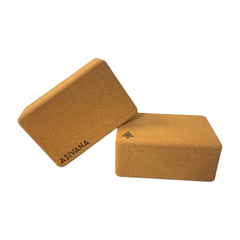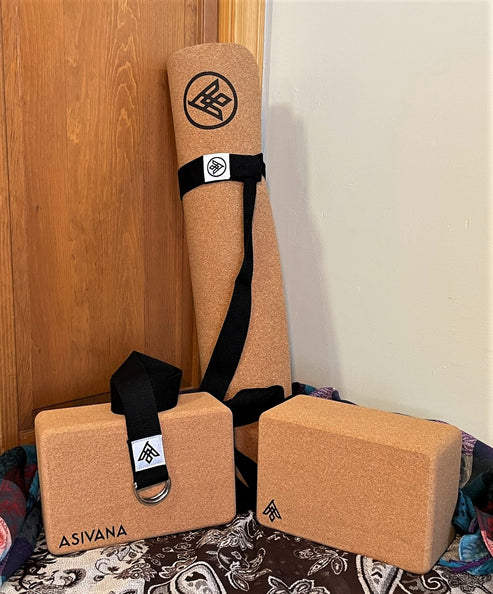What is Soma Yoga?
Jack UtermoehlSoma yoga is a gentle, therapeutic style of yoga that blends somatic movement with traditional yoga practices.
The word “soma” means “living body” in Greek, but in the context of soma yoga, it refers to the internal experience of the body—not just its physical structure. This practice emphasizes slow, conscious movement to re-educate the nervous system, reduce chronic tension, and increase functional mobility.
Soma yoga is ideal for those managing pain, injury recovery, or stress-related conditions. It brings attention to how movement is initiated and controlled, helping students repattern habitual tension loops.
Through neuromuscular reprogramming and awareness-based techniques, soma yoga restores ease and fluidity to the body.
Origins of Soma Yoga
Soma yoga draws heavily from the work of Thomas Hanna, the creator of Hanna Somatics. Hanna combined neuroscience and movement therapy to develop a method for re-training the brain's connection to muscles.
Soma yoga integrates this work with yoga philosophy and practices, especially restorative and gentle hatha yoga traditions.
This hybrid approach was developed further in modern therapeutic yoga communities. It is now taught by trained instructors certified in both somatics and yoga, emphasizing the internal experience of movement, breath, and presence.
Yoga Essentials for Your Practice
Support your yoga journey with high-quality, sustainable props designed for comfort and stability.

Crafted from eco-friendly cork for durability and a comfortable practice.
$24
Shop Now
Includes everything you need to get started: a mat, blocks, and a yoga strap.
$120
Shop NowSoma Yoga Practice
In a typical soma yoga class, practitioners are guided through slow, small, and mindful movements designed to bring awareness to habitual muscular contractions.
This process, called “pandiculation,” helps rewire the brain-muscle connection, allowing muscles to release tension and move more freely.
The focus is not on stretching or achieving a perfect posture but on feeling the movement from the inside. Breath awareness, grounding, and gentle asana are used to support nervous system regulation and alignment.
Core Elements of Soma Yoga
- Somatic Movement: Slow, repetitive movements that target the nervous system
- Conscious Breath: Used to support relaxation and awareness
- Gentle Asana: Postures adapted for comfort and internal sensing
- Neuromuscular Reeducation: Releasing chronic holding patterns
Common Poses: Supine Leg Slides, Seated Side Bends, Cat/Cow Variations, Gentle Spinal Rolls, Supported Bridge
Soma Yoga Suitability
Experience Level: Beginner-Friendly
Physical Demand: Gentle Movement
Mind-Body Engagement: Primarily Meditative
Adaptability: Highly Adaptable
Focus Area: Nervous System Regulation, Chronic Pain Relief, Functional Mobility
Notes on Soma Yoga
Soma yoga is especially effective for those living with chronic tension, muscular pain, joint stiffness, stress, and trauma-related conditions.
It’s also an ideal practice for aging populations or those seeking subtle but powerful internal shifts. This practice supports resilience, mobility, and the re-patterning of unconscious habits that lead to discomfort.
By focusing on sensory awareness and motor control rather than flexibility or strength, soma yoga provides a radically different but deeply impactful approach to healing and embodiment.
Similar Styles
Therapeutic Yoga, Restorative Yoga, Trauma-Informed Yoga, Yin Yoga, Gentle Yoga
Equipment
Required: Yoga Mat
Nice to Have: Bolster, Yoga Blanket, Yoga Blocks
Optional: Yoga Strap, Eye Pillow
References
Somatics: Reawakening the Mind's Control of Movement, Flexibility, and Health by Thomas Hanna
Move Without Pain by Martha Peterson
Somatic Yoga: Low-Impact Exercises for Beginners by Merton Corey






